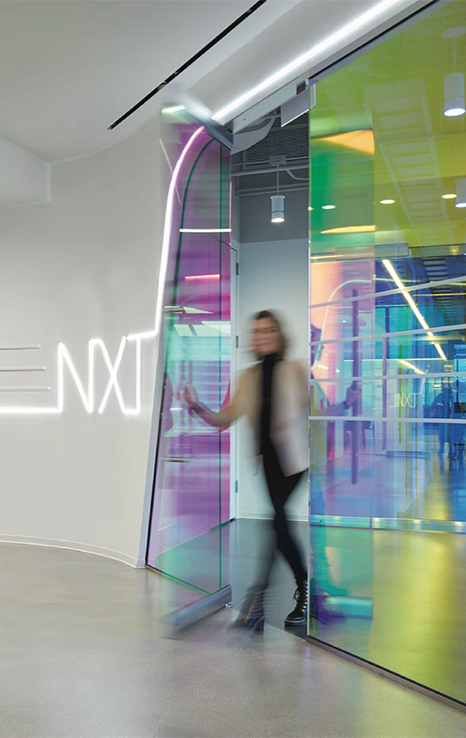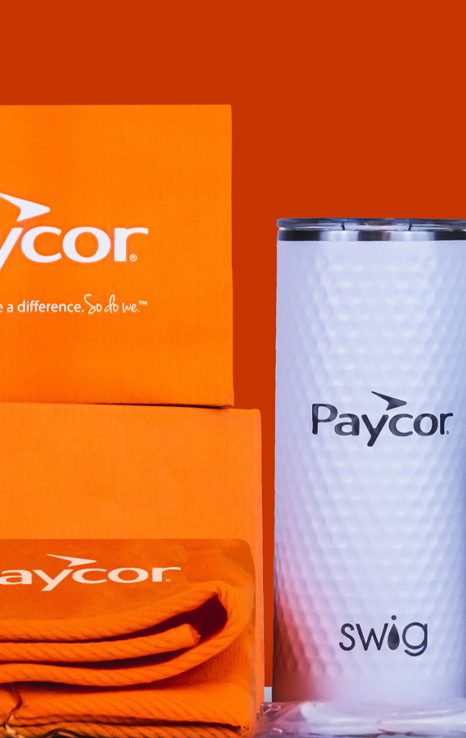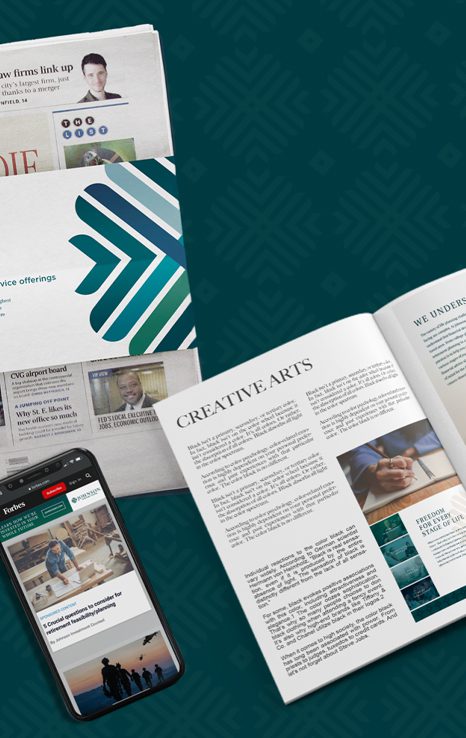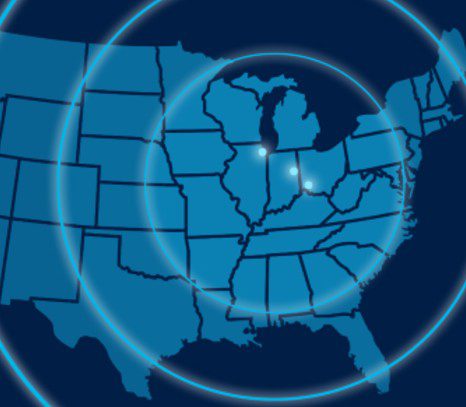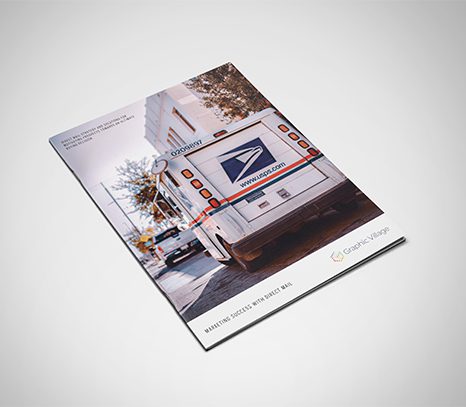In an era where authenticity reigns supreme, consumers crave genuine brand messaging that resonates with their values. According to HubSpot, a company’s brand message serves as a vital tool to build trust with their audience. In fact, 46% of consumers in the U.S. prefer to buy from brands they can trust. But how do you know if your brand message is effective? The litmus test lies in making potential customers feel like you’re speaking directly to them. When customers perceive themselves as part of a conversation, a deep connection to the brand is forged, increasing the likelihood of purchase (HubSpot). In this story, we’ll investigate the world of branded agency speak, seeking to unravel its occasional contrived nature, and its tendency to fall short in meeting the authenticity standards that consumers now expect.
The Rise of Authenticity
In our fast-paced and interconnected world, consumers are becoming increasingly weary of pretentious and fabricated marketing tactics that manipulate and deceive. As a result, branding agencies now find themselves at a critical juncture, compelled to adapt their strategies to meet the growing demand for genuine and authentic brand communication. “Authenticity” has transcended mere buzzword status; it signifies a profound shift in consumer behavior. Today’s consumers actively seek out brands that align with their beliefs, values, and aspirations. Transparent, honest, and relatable brands, such as Patagonia and Ben & Jerry’s, have captured the attention of discerning individuals, rendering more traditional branding approaches ineffective.
Overused phrases like “Leading the Way,” “World Class,” “Best-in-Class,” Cutting-Edge,” and “Game-Changer” have indeed become cliché, unoriginal, and lack authenticity in today’s branding landscape. These hackneyed terms no longer resonate with discerning consumers who actively seek genuine and differentiated brand messaging. Their generic nature lacks specificity, diluting their impact and failing to effectively communicate a brand’s unique value proposition. In a world where authenticity is highly valued, brands must aim for more original and meaningful phrasing that truly reflects their values, purpose, and offerings. By doing so, they can create lasting impressions and establish authentic connections with their audience.
The Pitfalls of Contrived Agency Speak
While brand messaging is the lifeblood of marketing, many branding agencies unwittingly employ a language that feels contrived, generic, and detached from reality. This approach undermines their efforts, alienating consumers instead of engaging them. Let’s explore some common pitfalls associated with branded agency speak:
- Jargon Overload: Branding agencies often resort to an overabundance of jargon and buzzwords, creating an illusion of expertise, but lacking substance. This convoluted language builds a wall between the brand and the audience, impeding the formation of genuine connections.
- Lack of Differentiation: In an attempt to stand out, many branding agencies rely on clichés and generic statements that fail to distinguish their clients’ brands from competitors. The result is a muddled landscape where consumers struggle to discern any genuine value or unique selling propositions.
- Absence of Authenticity: Authenticity cannot be manufactured solely through clever wordplay. Consumers possess a keen ability to detect brand messaging that lacks sincerity or fails to align with a brand’s actions. If a brand’s values and promises do not match its behavior, consumers will perceive it as disingenuous – quickly eroding trust and loyalty.
The Quest for Authentic Branding
In a world that treasures authenticity, branding agencies must adapt their approach to ensure their messaging resonates deeply with consumers. Here are four key strategies to achieve authentic communication:
- Understanding the Target Audience: Successful branding begins with a deep understanding of the target audience. By conducting comprehensive research, branding agencies can uncover insights into the values, aspirations, and pain points of their intended audience. Armed with this knowledge, the goal must be to develop messaging that genuinely connects and resonates.
- Transparency and Honesty: Authentic brands, such as REI and Warby Parker, embrace transparency and honesty in their messaging. Instead of concealing flaws or exaggerating claims, they openly acknowledge imperfections and actively work to improve. By demonstrating genuine vulnerability, brands build trust with their audience and foster genuine connections.
- Consistency Across Touchpoints: Authenticity extends beyond messaging alone; it permeates every interaction a brand has with its audience. Consistency across all touchpoints, including social media, customer service, and product experience, is essential. A great example of this is the footwear company TOMS, where their actions align with their promises. This alignment reinforces authenticity, strengthens trust, and deepens the connection between TOMS and its customers.
- The Power of Storytelling: Storytelling remains a potent tool for evoking emotions, forging connections, and establishing authenticity. By crafting compelling narratives that showcase real experiences and genuine customer stories, brands can capture their audience’s imagination and create lasting bonds. An example of this would be the “Real Beauty” campaign by Dove.
Authenticity in Action: Forging Deep and Enduring Connections
As authenticity continues to take center stage, branding agencies are indeed facing a critical juncture. They are compelled to shift away from contrived branding speak, and towards more genuine and relatable communications. The key lies in avoiding excessive jargon, creating meaningful differentiation, and staying aligned with core values. By doing so, brands can cultivate authentic connections with their targeted audiences. In today’s landscape, audiences crave brands that they can trust and genuinely relate to. It is the responsibility of trusted agencies to rise to the challenge and deliver messaging that resonates with authenticity. By embracing authenticity, brands can establish deep and enduring connections that lead to sustained success in dynamic and competitive marketplaces.












